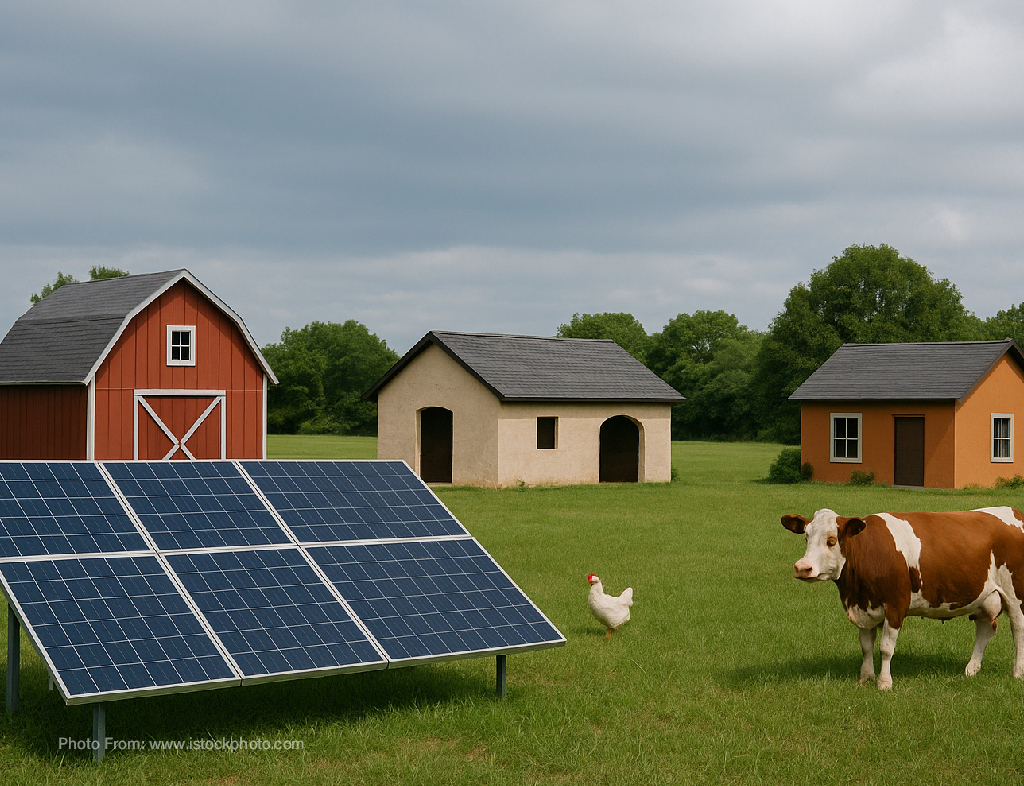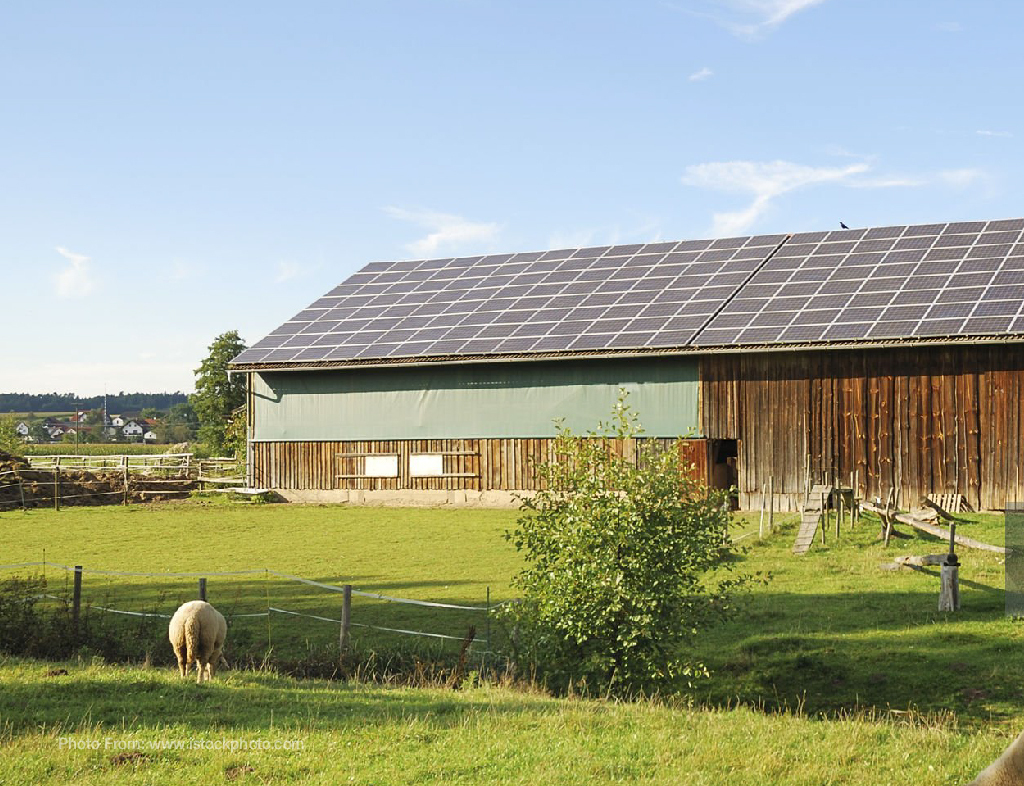OFF-GRID POWER FOR ANIMAL SHELTERS, BARNS, AND HOMESTEADS
12th Aug 2025
Providing reliable power to remote animal shelters, barns, and homesteads is essential for maintaining safe and productive operations. Without grid access, farms and rural properties need practical off-grid power solutions to keep critical systems running. One of the main priorities is ensuring consistent electricity for lights, fans, and water pumps. Adequate lighting improves safety and allows for evening work, while fans help manage heat and airflow in enclosed spaces. Water pumps are often vital for livestock hydration or irrigation needs, so maintaining steady power is non-negotiable.

Planning an off-grid system for these settings also means accounting for the challenges posed by dust, moisture, and animals themselves. Barns and shelters often see significant dust kicked up by animals and machinery, which can clog vents and damage sensitive electronics. Moisture from rain, cleaning, or high humidity can corrode components or cause shorts. Additionally, small critters may chew through wiring or nest inside enclosures. Choosing weatherproof, sealed, and animal-resistant enclosures for batteries, inverters, and charge controllers is key to avoiding costly repairs and downtime.
Beyond simple lighting and pumps, many operations now benefit from automation. Timed or sensor-based feeders reduce labor while ensuring animals are fed consistently. Heaters and heated waterers are important for cold climates, preventing freezing and supporting animal health. Automated ventilation systems can maintain steady airflow to control temperature and humidity, improving overall welfare and reducing disease risk. Powering these systems off-grid requires planning for enough storage and generation capacity to cover peak loads and overnight demand.
Cost is often a major concern for small farms and homesteaders looking to go off-grid. Fortunately, budget-friendly solutions exist. Basic solar kits that include solar panels, charge controllers, batteries, and simple inverters can provide sufficient power for modest setups without requiring large investments. These kits are relatively easy to install and scale up over time. Starting small—perhaps with enough capacity for lights and a few fans—and adding more panels or batteries as needs grow is a common approach. This phased expansion keeps initial costs manageable while ensuring reliable power where it matters most.

Off-grid power unlocks flexibility for remote structures that would otherwise rely on expensive utility connections or fuel-based generators. With careful planning to address environmental challenges, prioritize essential systems, and stay within budget, farms and homesteads can achieve dependable, sustainable power to support their animals and operations for years to come.
